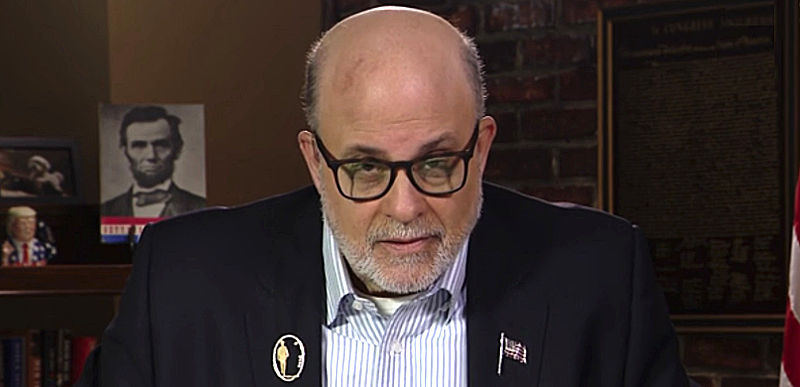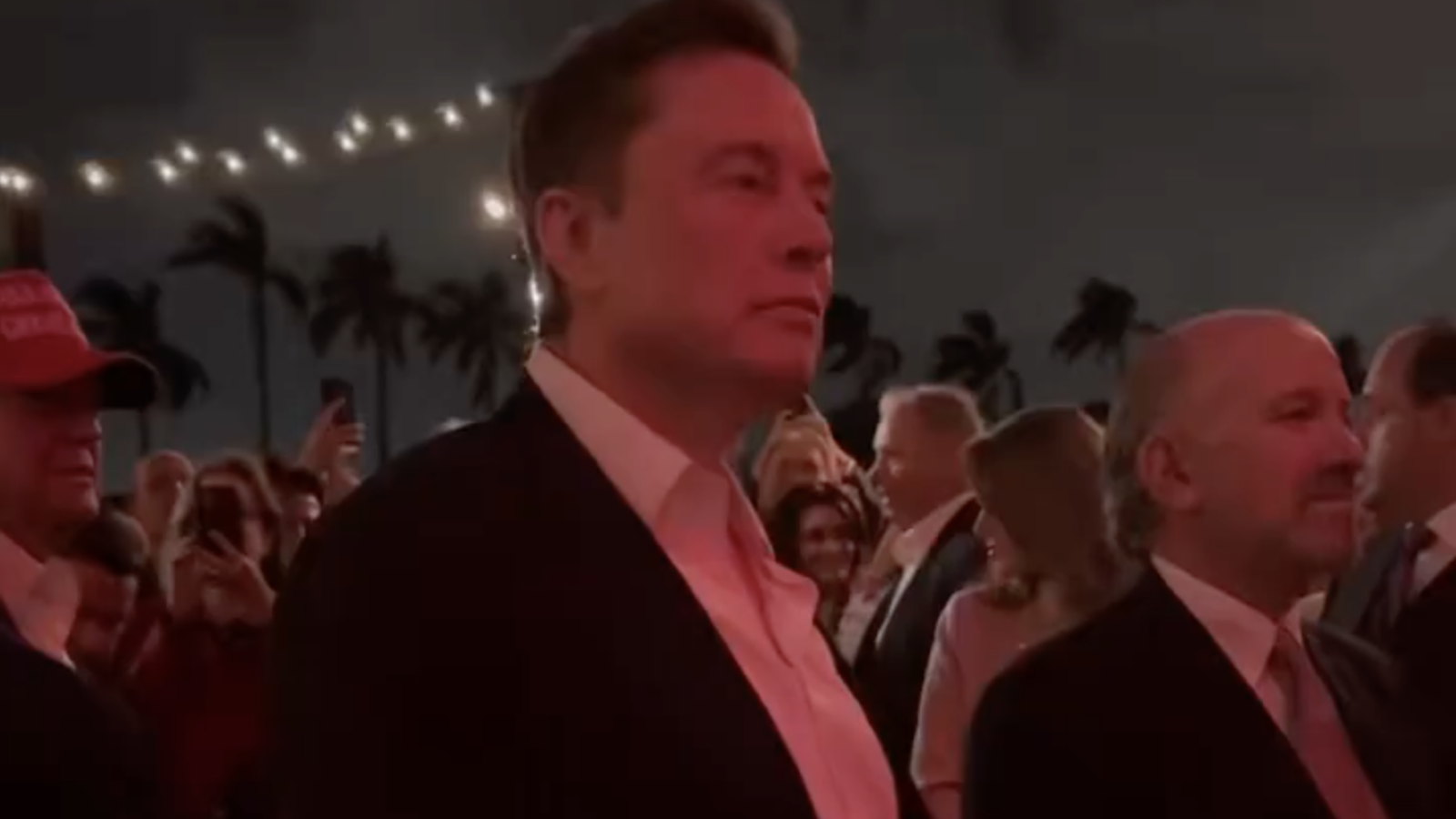
Mark Levin said today that all cases against President Trump, including the local cases, must be either dropped by prosecutors or dismissed by the courts and he explains why.
For half a century, it has been the position of Democrat and Republican administrations, that the DOJ cannot indict a sitting president. This position has been justified for a myriad of reasons, all of which come down to the fact, that the president is the head of the executive branch, and unelected prosecutors, juries, and judges cannot exercise a power that makes it impossible for a president to carry out his constitutional duties while defending his liberty and reputation in a courtroom. To allow such a procedure would be to do permanent damage to the constitutional construct of our government and set a precedent that could not be reversed — that is, prosecutors indicting a sitting president for infinite reasons that destroy the purpose of functioning of the office.
The issue has come up as to whether the same principles of non-prosecution would apply where the charges would be brought by a state or locality. After all, it has been argued, the DOJ’s jurisdiction is federal not state. Of course, that is simply wrong — that is, there are thousands of DA’s and state AG’s who, if not prevented from bringing charges against a sitting president would empower politically motivated, often elected prosecutors to do untold damage to the republic, e.g., Manhattan DA Alvin Bragg. Moreover, localities and states do not have a sort of reverse federalism authority to bring local or state charges against the president who is federally elected. In other words, there’s even more of reason to disallow such criminal actions outside of the federal construct.
Therefore, not only should the courts in New York and Georgia, upon motions by the president’s lawyers, dismiss the cases with prejudice, but if the state courts refuse to do so, the president’s lawyers should seek dismissal in federal court of the cases. The federal jurisdiction is beyond debate. Additionally, the president would retain the plenary power to dismiss those state actions himself if the federal court does not act for the same reasons set forth in the DOJ legal memoranda of long-standing. In short, no locality or state has the power to cripple the federal constitutional office of the presidency, diminish the standing and authority of the president, not to mention undo the national election that resulted in his swearing in.



No comments:
Post a Comment